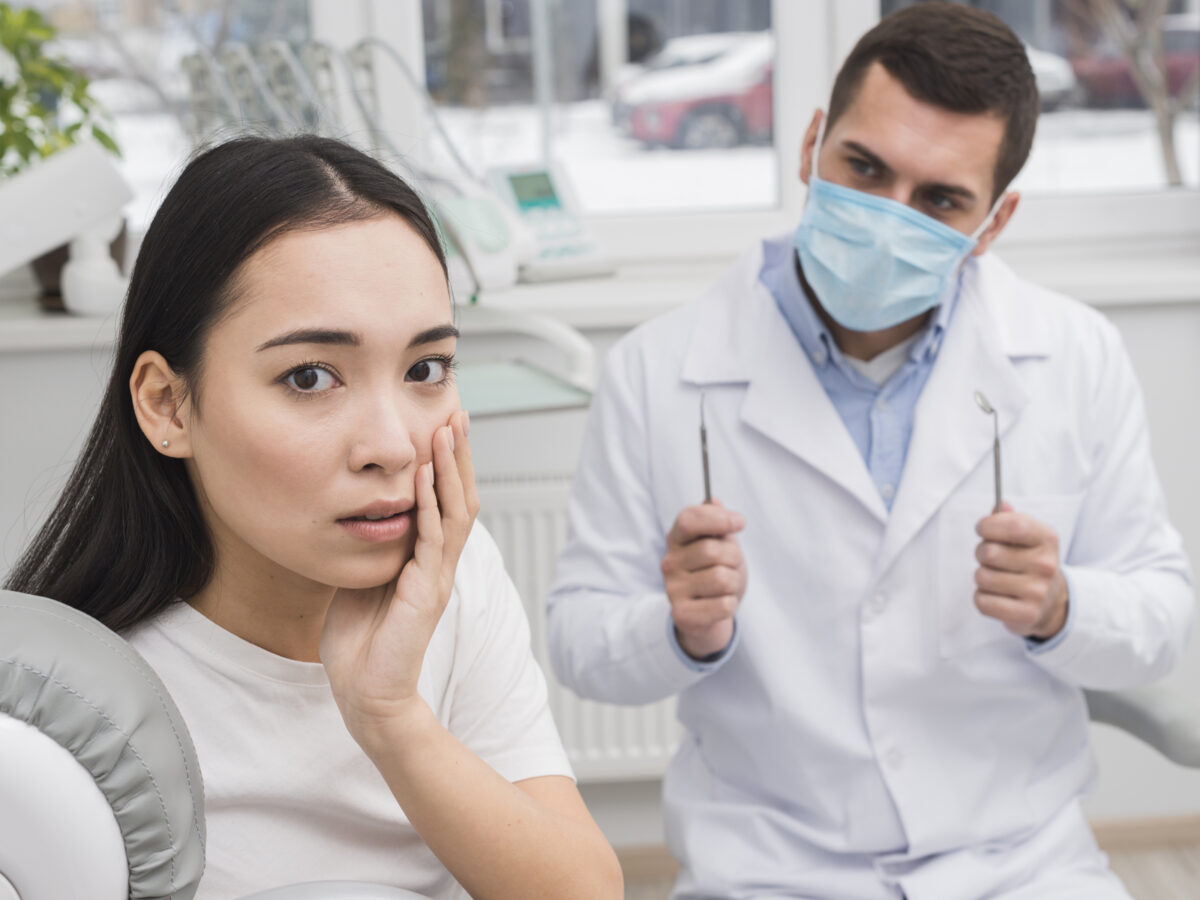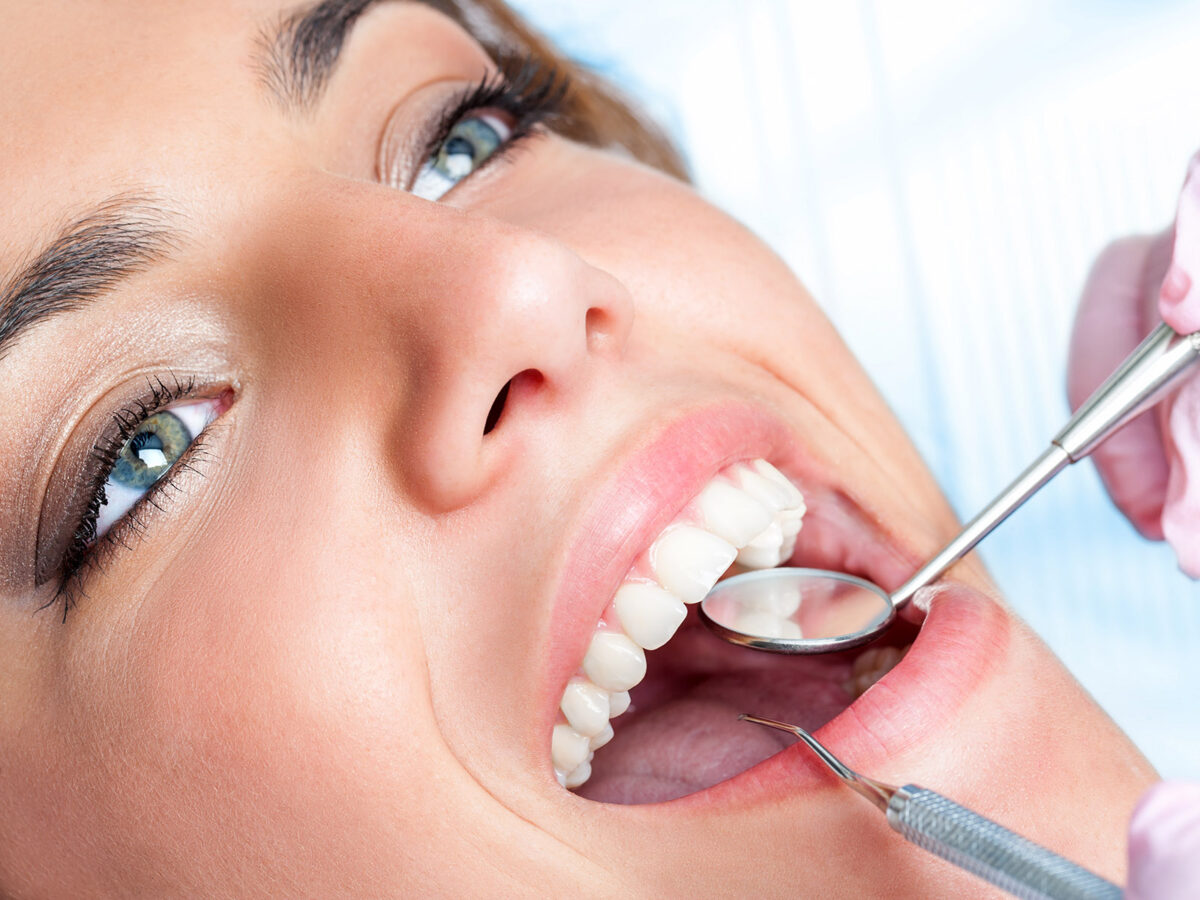Fear of the dentist, also known as dental anxiety, is a widespread issue affecting millions worldwide. Such fears often deter individuals from seeking essential dental care, potentially leading to oral health problems. This article will explore the most common dental fears, their root causes, and strategies to overcome them. By understanding and addressing these fears, we can promote better oral health and reduce dental anxiety.
Understanding the Most Common Dental Fears
Here are some prevalent dental fears:
Fear of Pain
The most common apprehension about visiting the dentist is the fear of pain. Many associate dental procedures with discomfort. This fear often originates from past traumatic experiences or from hearing distressing accounts from others. Such fears can result in avoiding dental appointments, even when treatment is urgently needed.
To address this fear, open communication with your dentist is crucial. Modern dentistry offers a variety of pain management techniques, including local anesthesia, sedation dentistry, and minimally invasive procedures. Discussing these options with your dentist can ensure a comfortable experience.
Fear of Needles
Many people have a pronounced fear of needles, known as trypanophobia. Given that many dental procedures involve injections for anesthesia, the mere sight of a needle can trigger intense anxiety for some.
If you have this fear, it’s essential to discuss it with your dentist. They can employ smaller needles, use topical numbing agents before injections, or even offer alternatives like oral sedation.
Fear of the Unknown
The fear of the unknown is a natural human emotion, and it can be particularly pronounced in a dental setting. Uncertainty about a procedure or its outcome can heighten dental anxiety.
Combatting this fear involves educating yourself about the dental procedure in question. Request your dentist to explain each step and address any concerns. The more informed you are, the more in control and less anxious you’ll feel.
Fear of Embarrassment
Some individuals feel self-conscious about their oral health, especially if they haven’t visited a dentist in a while. This self-consciousness can prevent them from seeking dental care.
It’s essential to remember that dentists are trained to provide non-judgmental, supportive care. They’ve encountered a wide range of dental conditions and are focused on helping you. Seeking professional care is a step towards better oral health, and there’s no reason for embarrassment.
Fear of Loss of Control
The sensation of losing control during a dental procedure can be daunting. The physical sensations, unfamiliar noises, and close proximity of the dentist can induce feelings of vulnerability.
To mitigate this, establish a signal with your dentist to indicate when you need a pause during the procedure. This simple communication can provide peace of mind. Additionally, practicing relaxation techniques, such as deep breathing, can help you maintain composure.
Conclusion
Dental treatment anxieties can significantly impact oral health. However, by recognizing and addressing common dental fears, individuals can work towards overcoming their apprehensions and ensuring good oral hygiene.
Open dialogue with your dentist is the cornerstone of addressing dental fears. Whether it’s pain, needles, the unknown, embarrassment, or loss of control, voicing your concerns can pave the way for tailored solutions, making dental visits a more positive experience.


